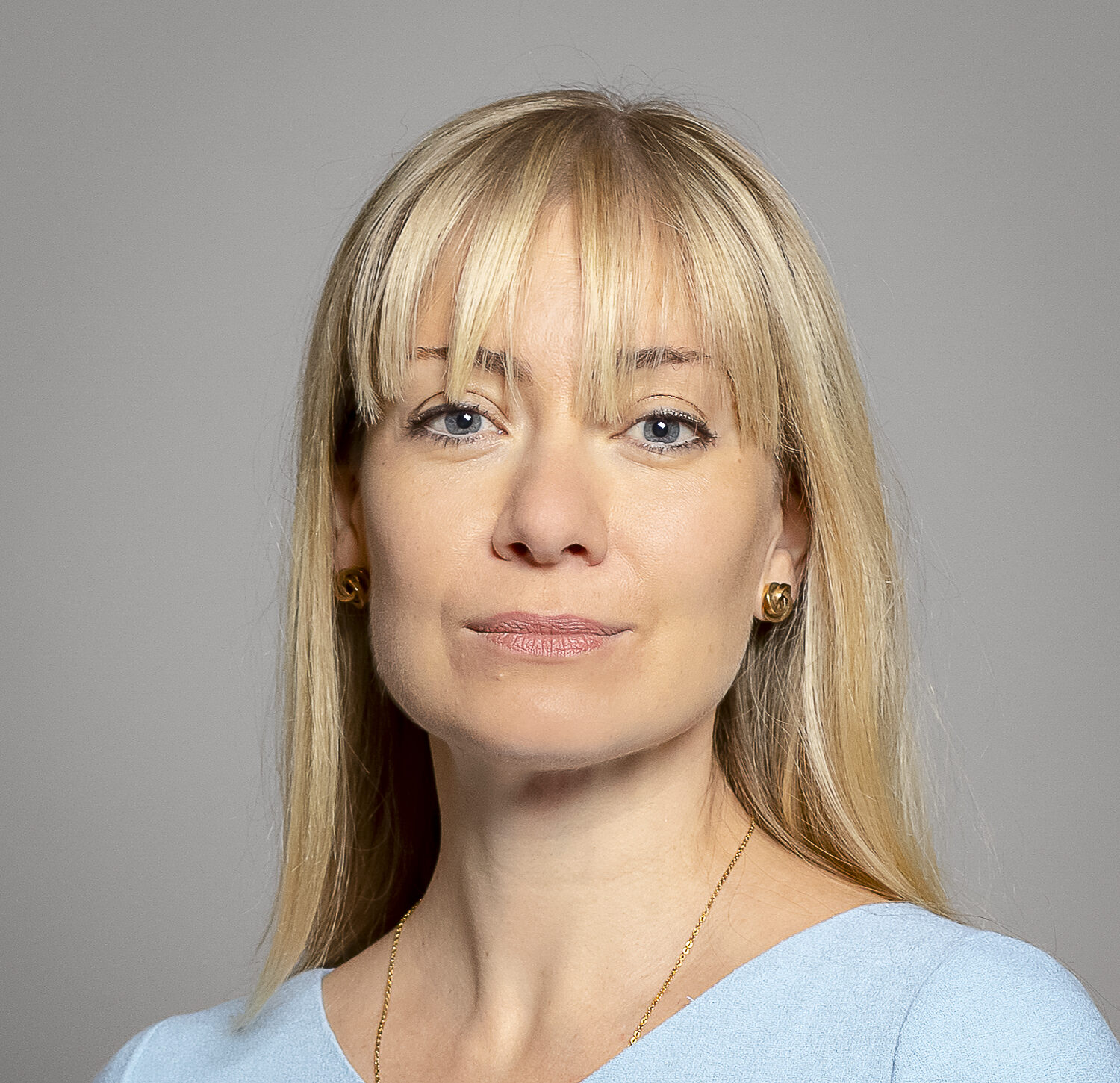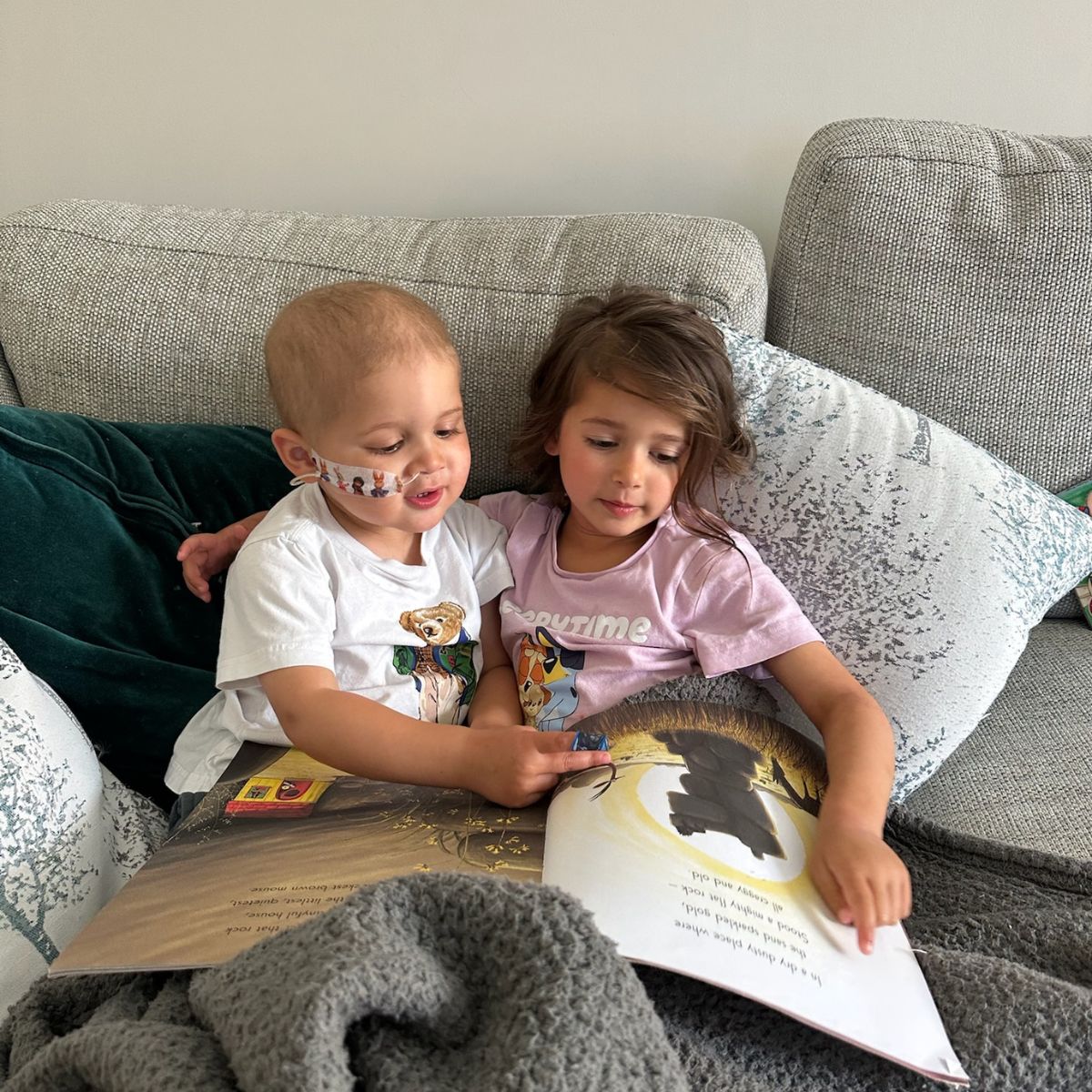Wellcome Genome Campus welcomes Baroness Nicola Blackwood’s appointment as Chair of the Health Data Research Service

Baroness Nicola Blackwood has been appointed by the government as the first Chair of the Health Data Research Service (HDRS) - a new service that will transform how researchers and innovators access health and care data across the UK.
Backed by up to £600 million in funding from the Government and Wellcome Trust, the new service will be headquartered at the Wellcome Genome Campus. Announced earlier this year, it aims to ensure that patients across the UK will benefit from lifesaving treatments faster, thanks to turbocharged access to NHS data for researchers to develop new medicines and therapies.
Baroness Nicola Blackwood is a recognised leader in life sciences and innovation. She is Chair of Oxford University Innovation and Genomics England and serves on the boards of biotechnology company BioNTech and investment fund RTW Biotech Opportunities.
Robert Evans, Chief Executive of Wellcome Genome Campus, said: “It’s great to see the plans for HDRS moving forward at pace with the appointment of Baroness Blackwood. We very much look forward to welcoming the new service to the Wellcome Genome Campus and its growing community of leading institutes, organisations and experts in genomics, biodata, health data and data science.”
“We are building a global destination for research and translation,” continued Evans. “There is enormous potential for collaboration and partnership between HDRS and other Campus occupiers including the Wellcome Sanger Institute and EMBL-EBI, as well as the wider life science ecosystem.”
The HDRS will transform how researchers and innovators access health and care data across the UK by slashing red tape and providing a secure single access point to national-scale datasets. Currently, obtaining health data can be slow, complex, and fragmented. The service will streamline these processes while upholding rigorous safeguards for data security, privacy and ethical oversight, enabling approved researchers to accelerate the discovery of new treatments that will improve patient care.
Dr Nicole Mather, Chair of the Wellcome Genome Campus’s new Science Advisory Group, said: “Baroness Blackwood is a fantastic appointment to this new service, which will make health data more available and more accessible so that research can enable faster scientific breakthroughs, aiding the discovery and design of more treatments for patients. The HDRS will be a global beacon for life sciences and health research and will bring complementary NHS data services to our Campus’s world-leading health data community.”
Dr Mather added: “This important element of the national health infrastructure will be central to drawing major investments and partnerships into the UK across life science, health data and technology and creating innovative products to transform outcomes for NHS patients.”
Over the next few years, the overall size of the Wellcome Genome Campus will grow from 125 acres to 440 acres and the number people working on it is expected to increase from around 3,000 to between 7,000 and 9,000 maybe more. Approved plans include 1.6 million square feet for R & D, laboratories and commercial spaces, suitable for organisations of all shapes and sizes. The new space could accommodate up to 250 organisations, or even more, depending on their size.

